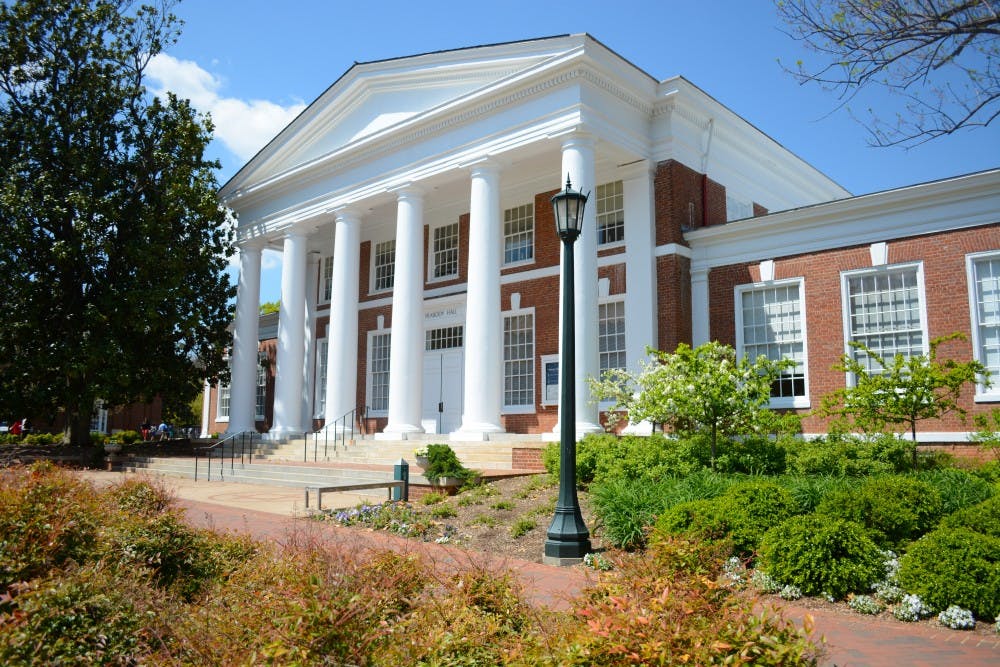The University saw a decrease in total applicants for the undergraduate Class of 2019 compared to last year, with the number of applications shrinking from 31,336 to 31,107.
The marginal drop did not come as a surprise to the admissions office, Dean of Admission Gregory Roberts said. Roberts said he anticipated a drop-off following significant growth in total applicants in recent years.
“I’ve spoken to four other admissions deans from top 25 institutions, and they’ve experienced declines more significant than what we’ve experienced,” Roberts said. “It is something that we almost expected nationally.”
Roberts said that with more than 31,000 applicants, the pool is just as robust as it has been in the past.
“It’s still a deep and strong application pool,” Roberts said.
Alumni and faculty have expressed concern about this year’s application pool following a Nov. 19 Rolling Stone article detailing an alleged gang rape at a University fraternity. Roberts said it is too early to tell if the article will have had a significant impact.
“It’s impossible to determine at this point whether [the Rolling Stone article] did or did not affect [application volume],” Roberts said. “What I haven’t looked at yet is the submission by gender, for example. That may or may not tell us anything, but its something to look at.”
Though it is unclear whether the article will lead to a lower acceptance rate in the future, Roberts said three prospective students asked to have their applications withdrawn in protest of the allegations made in the article.
The University also saw a spike in the number of first-generation applicants, which the Office of Undergraduate Admission credits to revamped recruiting efforts aimed at reaching underrepresented student populations. According to preliminary data, there were 370 more first-generation applicants than last year — a 12 percent increase.
Roberts said this increase is precisely what the Office of Undergraduate Admission was aiming for in its outreach efforts.
“We spent considerable effort recruiting first-generation students because we want the best and most interesting students at U.Va., regardless of their background,” Roberts said.
Admission recruiters reached out to students who do not typically consider applying to the University for financial reasons, advertising University scholarships such as Blue Ridge Scholarships and financial aid options such as AccessUVa.
“We don’t want any student to be discouraged from applying for fear of cost of attendance,” Roberts said. “We have a robust financial aid program which should be an attraction.”
Recruiters traveled most extensively in Virginia, reaching out to more rural populations. School districts in central Virginia — where the number of students receiving free or reduced lunches is higher than in other districts — were given greater attention than in past years.
The admission staff also toured outside of the state, partnering with recruiters from Yale, Harvard and Princeton in search of applicants from both urban and rural areas, Roberts said.







